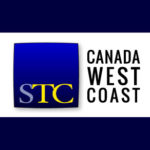Events
Get Involved
What's New
Resources
Sign up for our newsletter, job postings, and event announcements
Events
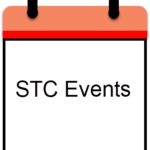 Upcoming Workshop: AI Tools for Technical Writers
Upcoming Workshop: AI Tools for Technical Writers
Join us on Saturday March 15 at 12pm for a hands-on workshop on AI-powered documentation tools. Whether you are new to AI tools or already experimenting with them, this workshop has something for everyone!
 New Article: Creativity in Technical Writing
New Article: Creativity in Technical Writing
A new article from Nicole Greenberg on Creativity in Technical Writing! Learn how creativity fits into the sometimes limited scope of technical writing.
 Check out our STC Shared Calendar!
Check out our STC Shared Calendar!
We have added a calendar containing all STC events in a shared format. It is located on the Events page about halfway down the page.
Monthly online chapter meeting. Second Wednesday of each month. All members, volunteers, and non-member volunteers are welcome! RSVP to receive the agenda and login instructions.
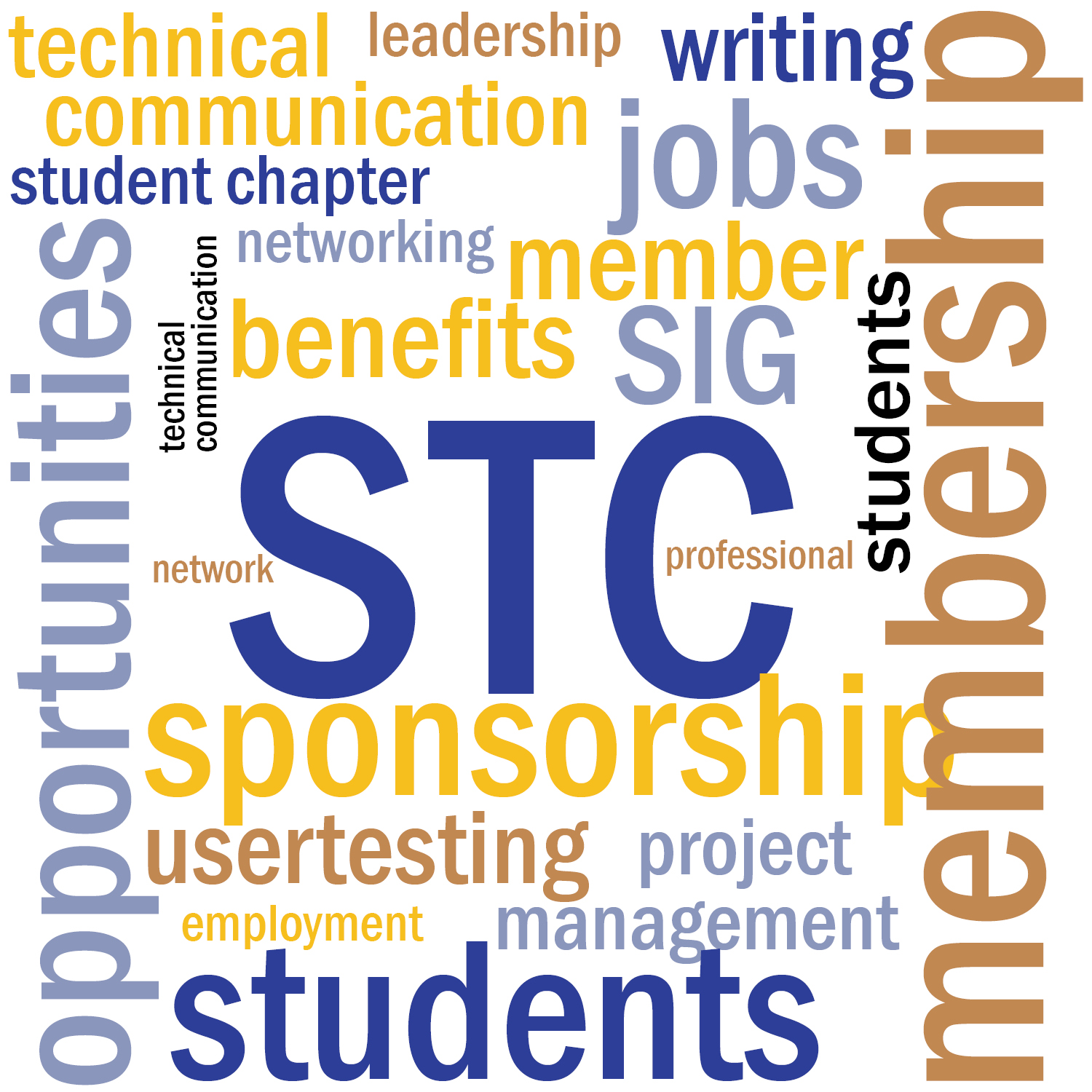 Student Membership Competition
Student Membership Competition
We have awarded 5 STC student memberships for 2024! Congratulations to the students who will receive STC student memberships and a big thank you to everyone who applied.
Next meeting: The May 15 meeting has been cancelled because of technical problems. Next meeting will be held ONLINE on June 19, 2024, at 7:00 p.m. Subscribe to receive email announcements; see what we talked about at recent meetings. We hope to see you at the next one!
What's New
 Job Search 2024: Tips and Tricks Webinar
Job Search 2024: Tips and Tricks Webinar
On March 16, 2024 the STC Canada West Coast chapter hosted a job search webinar led by Joel Basart, the STC CWC President and current job seeker.
What is it like searching for a technical communication job in 2024? In this webinar Joel outlined some recent experiences, how job-hunting has changed in the last decade (or more), and what he has learned so far in the process. Ask for a recording here!
 Open House 2024: learn more about our chapter!
Open House 2024: learn more about our chapter!
On January 17, 2024 the STC Canada West Coast chapter hosted its 3rd annual virtual open house.
Thank you to everyone that attended!
Tech Comm Café: April 17 Recap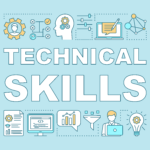
Check out our most recent Tech Comm Café recap. We talked about changing directions in your career, hybrid jobs and varying job titles, and the value of collaboration.
Next Meeting: ONLINE on Wednesday, May 15, 2024
- Subscribe to receive email announcements of future meetings.
- If you plan to attend, RSVP by 4 p.m. Wednesday, May 15, to receive login instructions.
Webinar Series: Finding Work
Three webinars to boost your work-finding skills, specifically around portfolios and résumés, interviewing skills, and networking! We have split these topics into three separate webinars, each with their own date and registration as follows:
COMPLETED, Portfolios and Résumés. Lyndsey Steffler and Chris Powell.
For the recording, register here.
COMPLETED Introverts and Leadership: Best Practices for Excelling in the Workplace by Ben Woelk
For the recording, register here.
Upcoming 2024. Interview Skills. Looking for more tips to ace that interview? Speaker Brian Evancic and another guest will help you hone your interview skills.
RSVP Interviewing Webinar: For students and members, click here. For non-members, click here.
Madcap Tools Webinar
Completed. The second in a series of Tools webinars, where we have experts outline a specific tech comm tool, and why it should be in your arsenal.
Our second tools webinar covered the Madcap Software Suite (particularly Flare and Capture). Beth H. outlined how best to use them for creating and managing technical online content. Check out Ernesto Campo's article for details.
Missed the webinar? STC members and students: Register here to receive a recording of the event.
Non-STC members: Register here to receive a recording of the event.
Get Involved
 Volunteer
VolunteerHelp organize an event, gain writing experience, and work on chapter initiatives. You don't have to be a member.
Write For Us
We're always looking for contributors to the Tools, Techniques, and Career pages. Have an idea?
Services
 Information Interview Service
Information Interview Service
Are you considering a career in technical writing? Are you a working writer with a work-related question or problem? Ask an experienced technical writer about education, tools, skills, job-hunting, and more.
Students
We can help you continue your professional education. Our student membership award program can pay the full cost of an STC student membership.
Resources
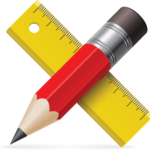 Tools
Tools
Learn new tools and techniques to expand your skills.
Education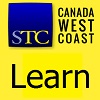
Check out our list of technical communication programs.
Career
Explore different career paths for technical writers. Find job-hunting tips.
Home
Events
Services
Get Involved
Resources
About Us
Canada West Coast Chapter of the Society for Technical Communication
© 2026 All Rights Reserved.

